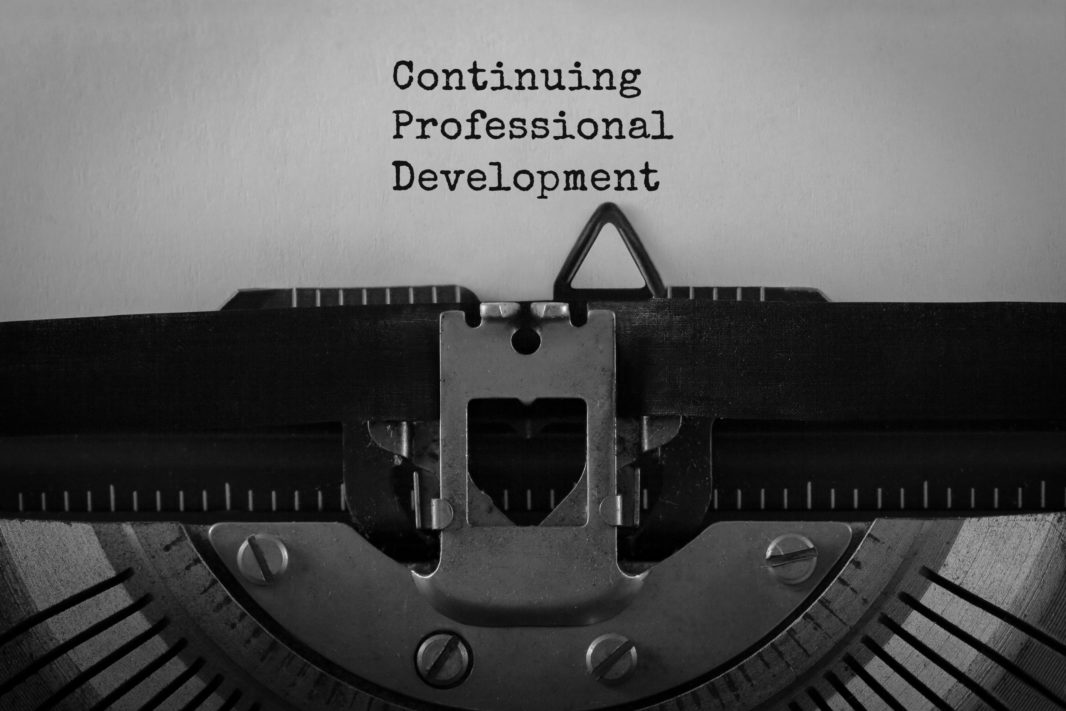
Key to success: It’s important to prioritize professional development when working for yourself
There are all kinds of ways to work for yourself. Whether you’re a real estate agent, software developer, yoga studio owner, or consultant, all free agents have one thing in common: We have to stay current in our fields in order to be competitive. While freelancing involves making enough money to pay the bills, as well as taxes, your next financial benchmark should be investing in professional development.
I previously wrote about the challenge of having either time or money, but rarely both, when running my own business. Like most freelancers, my work tends to have a feast-or-famine cycle, which means I need to have a financial cushion. I also need to include time and money in my budget to keep my skills sharp.
Professional development can mean many different things, and one of the biggest challenges of working for yourself is figuring out what you need, where to get it, and how to pay for it. In a big company, you may have a whole talent strategy department whose job it is to offer opportunities for learning and growth based on your job function. In a smaller organization, you might have a budget for tuition reimbursement or some time built in to attend conferences. But when you are your own boss, all of that falls on your plate.
Check Out Some Ways to Stay on Top of This Very Important Part of Your Career:
Prioritize Learning
It’s easy to get busy and decide there’s no time to attend classes, read books, or learn new skills. I understand; it happens to me, too. That’s why you need to create dedicated time on your calendar to think about your own career development. Start with two hours, twice each month. Block that time on your calendar, and then commit to yourself that during those hours you are going to put aside your client work, not make any appointments, and spend some time on yourself.
Brainstorm Your Options
Every field is different. Some of us need licenses or certifications in order to practice our professions. Others need experience and specific skills. Use the blocks of time you set aside to make a list of all the training and development options that are out there, from advanced degrees to certificates to webinars, and then make a shortlist of what you think will be the best use of your time. Once you have that list, you’ll be in a better position to build a budget.
Budget for It
Put aside a small amount of money each year earmarked for professional learning, and then spend it! A relatively small amount can go a long way if you supplement it with free or low-cost options. Sites like Udemy, LinkedIn Learning (formerly Lynda.com), and Coursera offer tons of online programs for very little or no cost.
Become a Speaker
Public speaking has some important benefits for freelancers. If you can stand up in front of a room full of people and share a case study, deliver an important message, or teach a workshop, you have the ability to use that talent to get hired as a conference speaker. Why does this matter for your professional development? Because many conferences offer you a free pass and pay for your travel. That means you get to attend the event and go to as many workshops and sessions as you can handle, while not spending a dime!
If you had a boss, part of her job would be to help you create a professional development plan, pick goals, and pursue them. If you are your own boss, you need to make sure you do all of that for yourself. It’s easy to feel like you’re too busy, but just a small amount of time, if you commit to it on a regular basis, will help you grow in your career.
Exhale tip: Consider signing up for Innovation Women – an online speakers bureau for technical and entrepreneurial women.



 3 min read
3 min read
